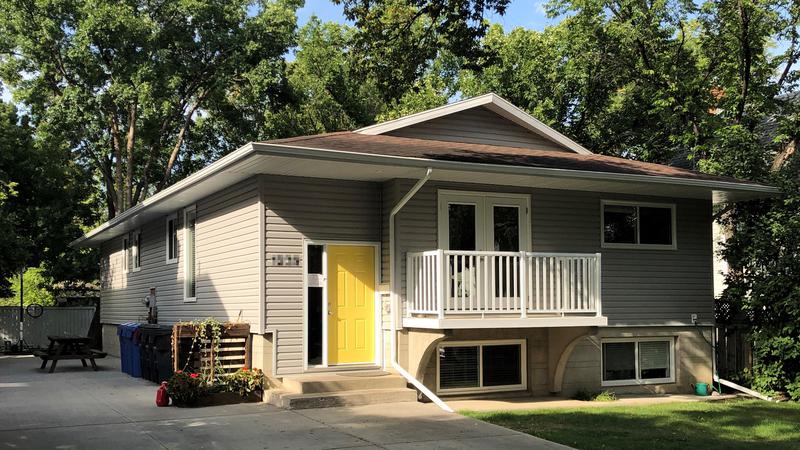
All not in favour of Trump’s Buckingham Palace dinner date
WASHINGTON — President Donald Trump finally has a date on the calendar for a state dinner at Buckingham Palace — a visit more than two years in the making. The mere announcement of his June visit as the guest of Queen Elizabeth II stirred up fresh anti-Trump sentiment Tuesday among Brits who want to deny him a seat at the table.
Trump and his wife, Melania, have accepted the queen’s invitation to visit June 3-5, the White House and the palace announced.
Many American presidents have visited the monarch, but just two — George W. Bush and Barack Obama — were honoured with a state visit and its accompanying pomp and pageantry, including a horse-drawn carriage ride and a royal banquet at Buckingham Palace.


